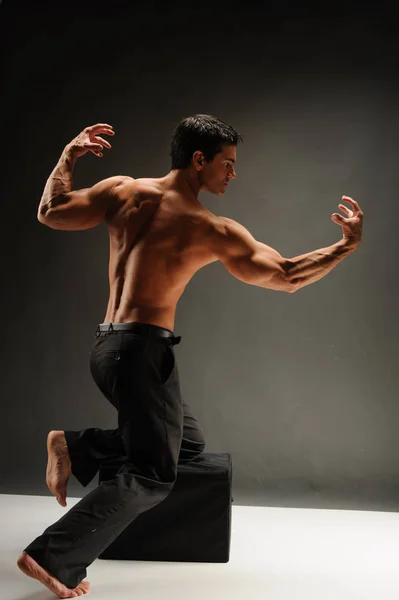

This is partly why sperm from Danish sperm donors is the most sought after and widely distributed in the world: perhaps prospective parents find the idea of having a baby of Viking stock appealing (Kale). The fact that Scandinavian people are often represented as being intelligent and beautiful adds to the notion of stylish and aesthetically pleasing ideals. Consequently, Nordic interior design has become a style widely praised and emulated, as has Nordic fashion, architecture, and innovation. Scandinavian design has been popular since the 1950s, known for its functionality and simplistic beauty, and globalised through the Swedish furniture chain IKEA. Whether we are speaking strictly of Scandinavia or of the Nordic countries as a whole, one thing is certain: in recent years there has been a surge of popularity in all things Nordic. Though I will use the term Nordic and Scandinavia throughout the article, it is worth noting that these definitions describe a group of countries that despite some commonalities are also quite different in geography, and culture. My observations are skewed towards a focus on Denmark, rather than Scandinavia as a whole.

When including Finland and Iceland, it is more accurate to refer to the five as the Nordic countries.

Generally the term Scandinavia always refers to Denmark, Norway, and Sweden. In the creation of these new myths the underbelly of the North is often neglected, producing a homogenised representation of a group of countries that are in actuality diverse and inevitably imperfect. Whereas the old myths portray a fierce warrior race, the new myths create a utopian Scandinavia as a place that is inherently good a place that is progressive and harmonious. I am interested in how contemporary portrayals of the Nordic countries has created a kind of mythological place called Scandinavia, where things, people, and ideas are better than in other places. I discuss a new type of Nordic mythology that is being created through popular culture, social media, books, and television shows. Nordic mythology, also known as Norse mythology, is a term used to describe Medieval creation myths and tales of Gods and otherworldly realms, told and retold by Northern Germanic and Scandinavian tribes of the ninth century AD (see for example Gaiman).


 0 kommentar(er)
0 kommentar(er)
